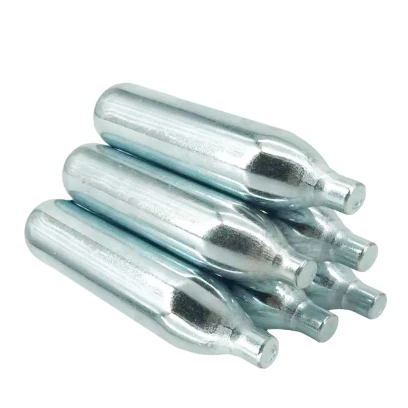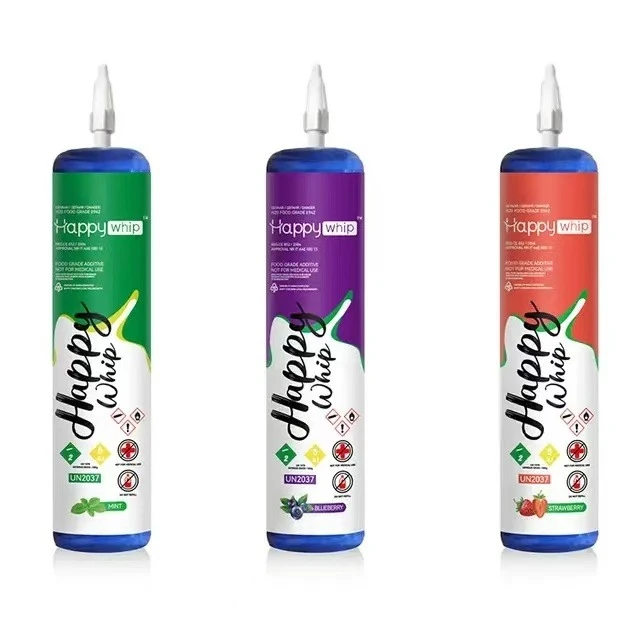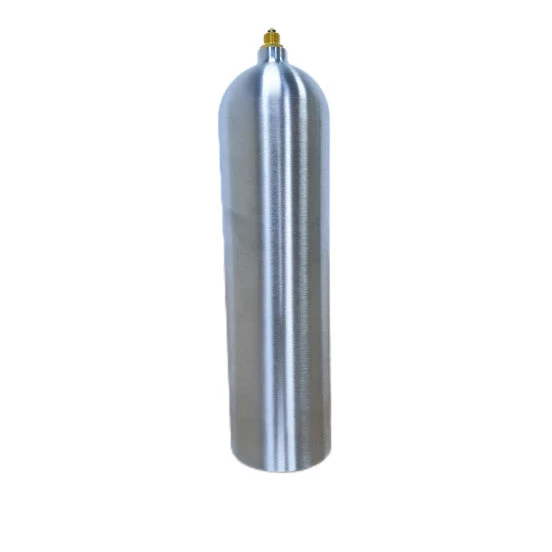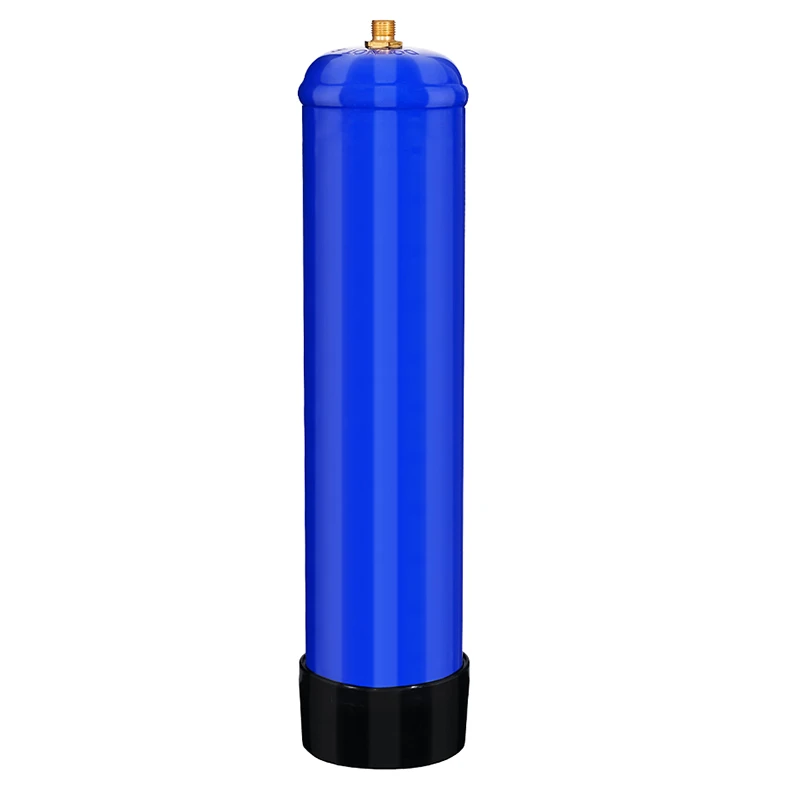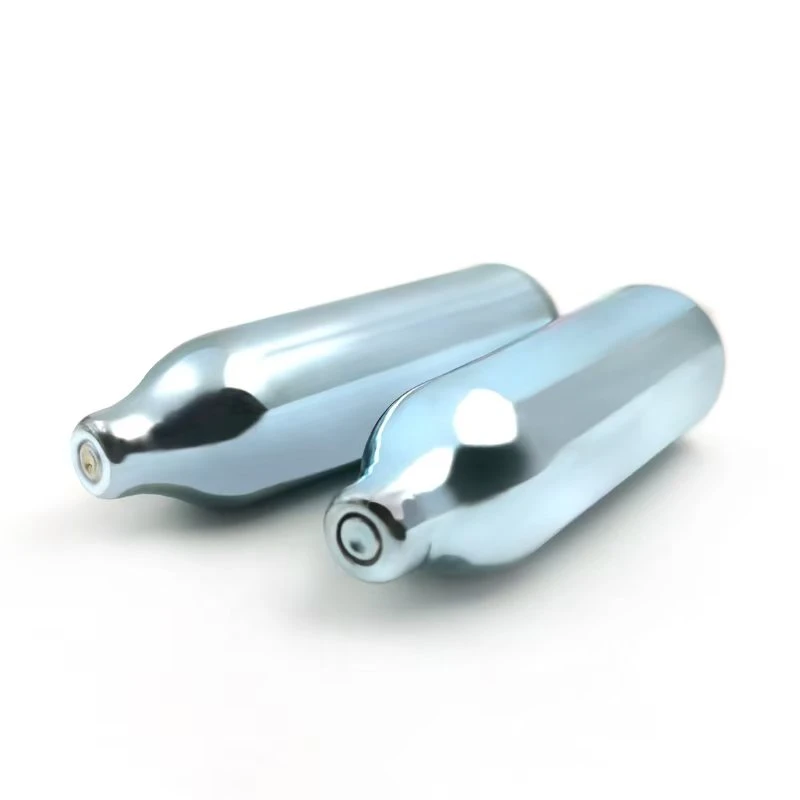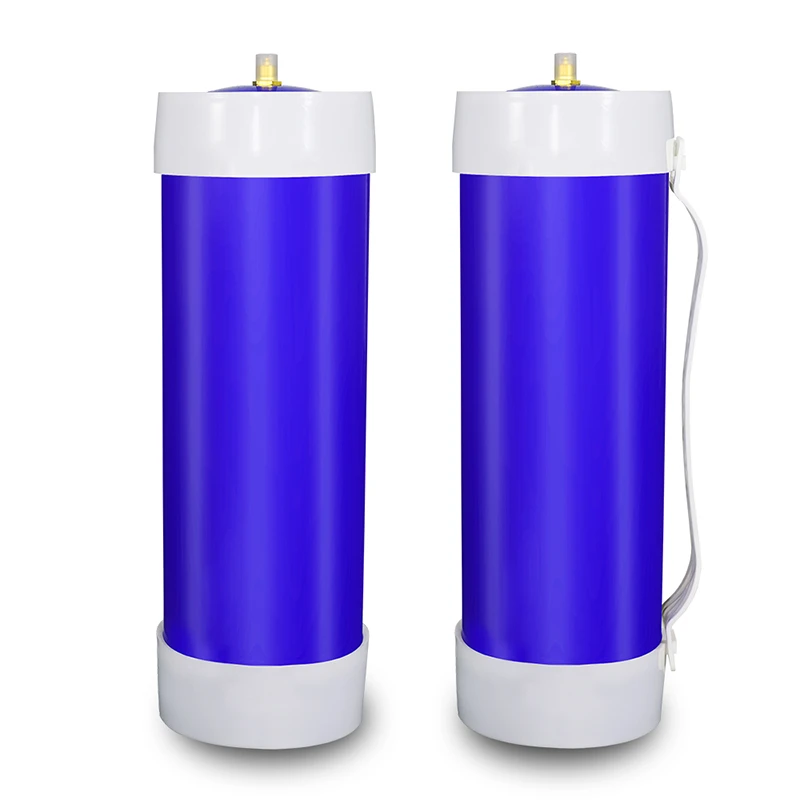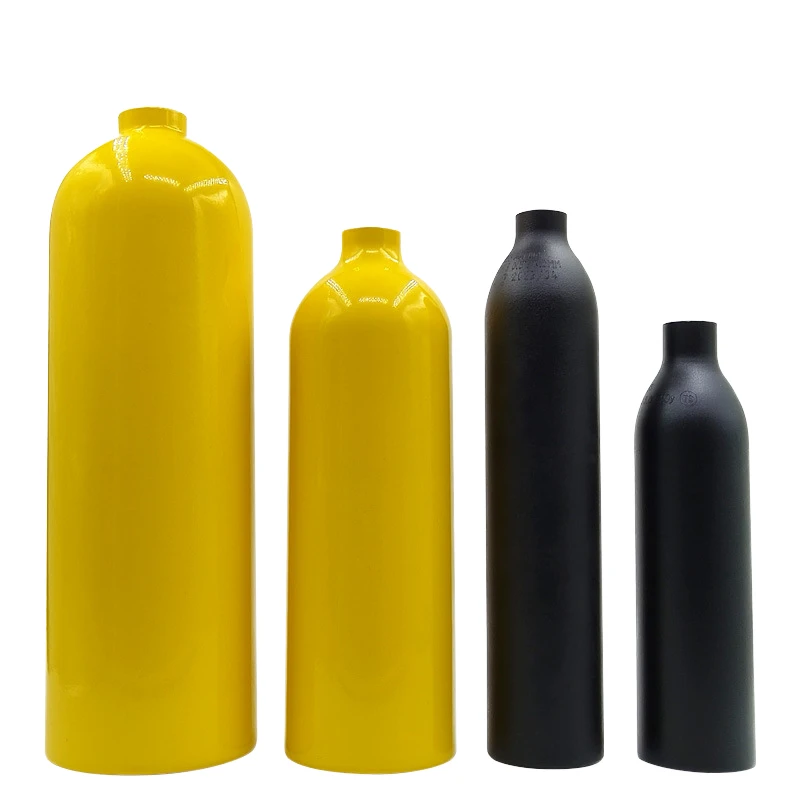
Your Complete Guide to Gas Cylinders
In today’s modern world, whether you’re cooking at home, welding in a workshop, or running a manufacturing plant, one thing you cannot overlook is the importance of a reliable gas cylinder. These portable, pressurized containers make it possible to store and transport gases safely and efficiently for a wide range of uses.
As demand for energy and specialty gases increases, many people are actively searching for the right gas cylinder for sale. But before making a purchase, it’s essential to understand the different types of gas cylinder available and how to select the safest, most cost-effective option for your needs.
What Is a Gas Cylinder?
A gas cylinder is a pressure vessel designed to store gases at high pressure. These cylinders are typically made from steel or aluminum and are built to safely contain gases such as propane, oxygen, nitrogen, carbon dioxide, and others. Depending on the type of gas and intended usage, cylinders may vary in size, pressure ratings, and valve types.
They are used across a range of sectors including:
Residential (for cooking, heating, grilling)
Medical (oxygen therapy, anesthesia)
Industrial (welding, cutting, chemical processing)
Agricultural (greenhouse CO₂ enrichment)
Commercial (beverage carbonation, fire suppression)
Why Choosing the Right Gas Cylinder Matters
Not all gas cylinders are created equal. Choosing the wrong cylinder can lead to inefficient gas usage, increased costs, or even dangerous accidents. When buying a gas cylinder for sale, it’s critical to evaluate:
The type of gas required
The correct cylinder size and volume
Safety certifications and valve compatibility
Usage environment (indoor, outdoor, high-temperature, etc.)
Maintenance and refill options
A well-chosen gas cylinder not only improves performance and longevity but also minimizes risks.
Understanding the Main Types of Gas Cylinder
When it comes to selecting the right cylinder, understanding the most common types of gas cylinder will help you make an informed decision. Each type is engineered to handle specific gases and pressures safely.
1. LPG Cylinders (Liquefied Petroleum Gas)
These are among the most widely used gas cylinders, especially for domestic cooking and heating. LPG cylinders typically store propane, butane, or a mix of the two. They’re ideal for BBQs, stoves, heaters, and some industrial applications. Sizes can vary from small 5kg units to large 45kg industrial bottles.
2. Oxygen Cylinders
Essential in both medical and industrial environments, oxygen cylinders are used in hospitals, emergency care, welding, and metal cutting. These cylinders are built to hold oxygen under high pressure and are marked by a green or white color, depending on regional standards.
3. Acetylene Cylinders
Used mainly for welding and metal cutting, acetylene cylinders contain a highly flammable gas dissolved in acetone. These require special care and storage due to the unstable nature of the gas.
4. Nitrogen Cylinders
Used in industries ranging from food packaging to electronics manufacturing, nitrogen cylinders are versatile. They are used for purging, pressurization, and preserving perishable goods.
5. Carbon Dioxide (CO₂) Cylinders
Commonly used in carbonating beverages, extinguishing fires, and in agricultural applications, CO₂ cylinders are usually made from aluminum and are available in various sizes for portability.
6. Argon Cylinders
Argon is an inert gas widely used in arc welding and metal fabrication. Argon cylinders are available in different purity levels and volumes, catering to both industrial and laboratory needs.
7. Mixed Gas Cylinders
In specialized industries, mixtures like oxygen-acetylene or helium-argon are used for specific purposes. These mixed gas cylinders are clearly labeled and require careful handling.
Knowing the correct types of gas cylinder helps prevent operational errors and enhances overall safety.
How to Find the Best Gas Cylinder for Sale
If you’re in the market for a gas cylinder for sale, you might be overwhelmed by the variety of brands, sizes, and suppliers available. Here are a few tips to help guide your decision:
1. Verify Certifications and Safety Standards
Look for cylinders that meet ISO, DOT, or regional safety certifications. Reputable suppliers will provide documentation showing the cylinder’s pressure rating, test date, and compliance records.
2. Compare Materials and Weight
Aluminum cylinders are lighter and corrosion-resistant, making them ideal for medical and transportable uses. Steel cylinders, while heavier, offer greater durability and are often used for industrial gases.
3. Choose the Right Capacity
Depending on your needs, you may require a small 2kg gas cylinder or a large 50kg cylinder. Larger cylinders are more economical for high-usage environments, while smaller ones are easier to handle.
4. Consider Refill and Exchange Programs
Many suppliers offer convenient refill services or cylinder exchange programs. This can save money and reduce the hassle of ownership.
5. Evaluate Pricing and Warranty
The cost of a gas cylinder for sale can vary depending on size, type, and material. While it’s tempting to go for the cheapest option, prioritize quality and long-term reliability.
Safe Handling and Maintenance Tips
Regardless of the type of gas cylinder you use, proper safety and maintenance practices are crucial. Here’s what you should always keep in mind:
Store Upright: Always keep cylinders in an upright position and secure them against tipping.
Check for Leaks: Use soapy water to test for leaks at connections. Never use a flame.
Keep Away from Heat: Store in cool, dry, and well-ventilated areas away from open flames.
Regular Inspections: Check valves, regulators, and cylinder surfaces for damage or rust.
Use Approved Accessories: Ensure all hoses, connectors, and regulators are certified and compatible.
Following these safety guidelines will ensure the long-term reliability and security of your gas system.
Gas Cylinder FAQs
Q1: How do I know which gas cylinder is right for my application?
A: Determine the type of gas you need and assess the pressure and volume requirements. Then match those needs with the appropriate cylinder material and size. A supplier can help you choose the best fit.
Q2: What is the difference between a steel and aluminum gas cylinder?
A: Steel cylinders are more durable and typically used for industrial gases. Aluminum cylinders are lighter and corrosion-resistant, making them ideal for medical and portable applications.
Q3: Can I store a gas cylinder indoors?
A: Small LPG cylinders can be stored indoors if they are in a ventilated area and away from heat sources. Larger cylinders should be kept outdoors or in specially designed storage spaces.
Q4: Where can I buy a certified gas cylinder for sale?
A: Look for licensed industrial gas suppliers, online retailers with strong safety reviews, or local distributors that offer certification, inspection reports, and after-sales service.
Q5: How long does a gas cylinder last?
A: The life span of a cylinder depends on its material and use but typically ranges from 10 to 20 years. Always check the stamped inspection date and adhere to requalification schedules.
-
N₂O Cocktails: Crafting Velvety Textures with ScienceसमाचारJul.04,2025
-
What to Do When Whipping Cream Won’t Whip? Causes, Fixes, and the Key Secrets to Perfect Whipping!समाचारJun.23,2025
-
Scuba Tank Price and OptionsसमाचारJun.19,2025
-
Scuba Diving Oxygen Cylinder Essentials for Safe Underwater AdventuresसमाचारJun.19,2025
-
Innovations in Diving Bottles Gear and Safety SolutionsसमाचारJun.19,2025
-
Exploring Scuba Tanks for SaleसमाचारJun.19,2025
-
Ethylene Gas Cylinders SafetyसमाचारJun.19,2025
संबंधित उत्पादों

